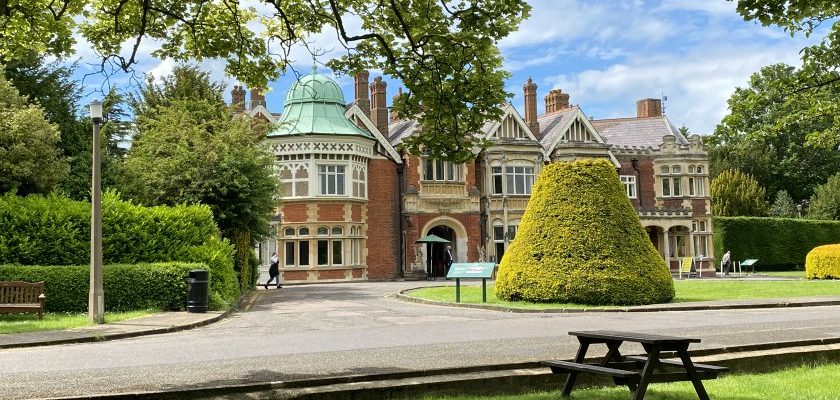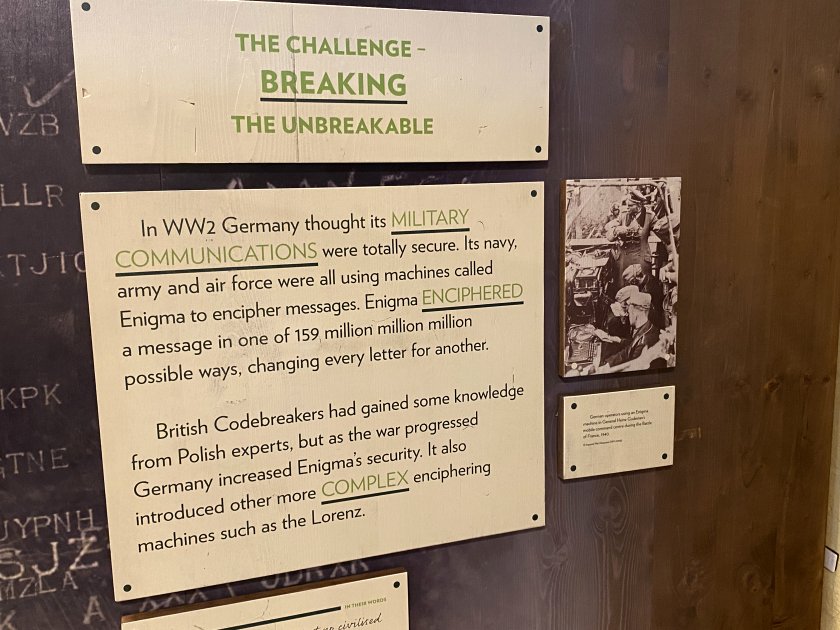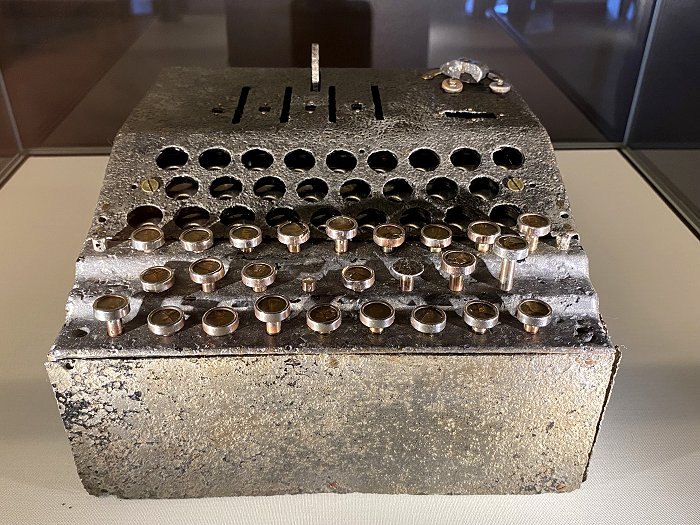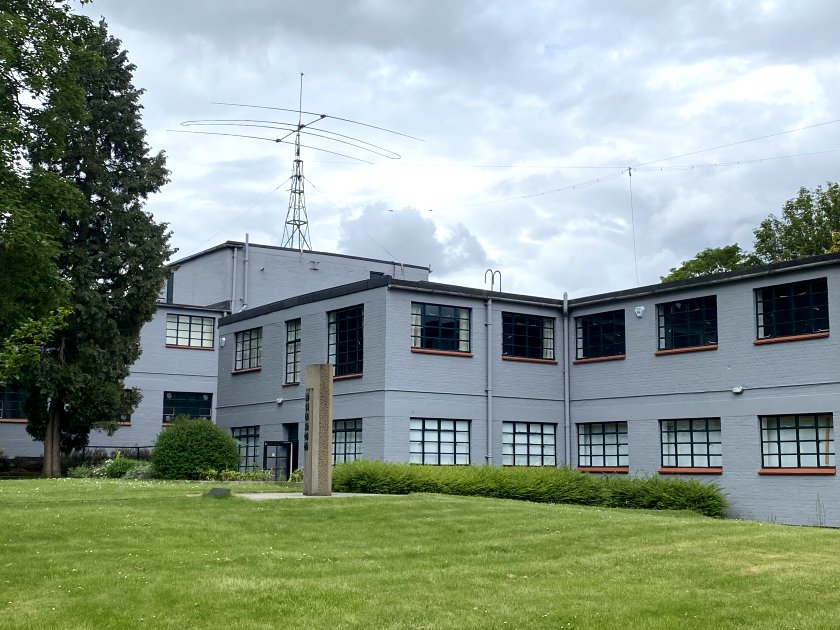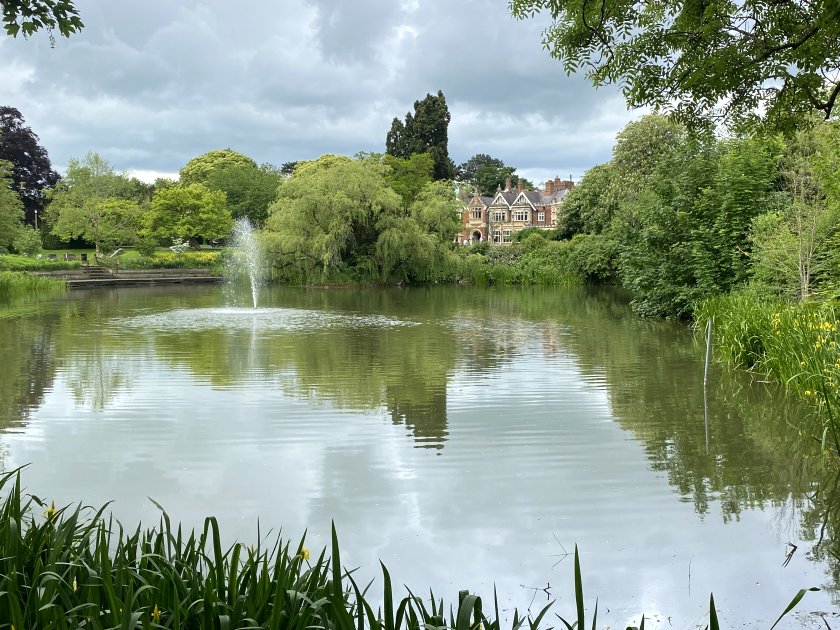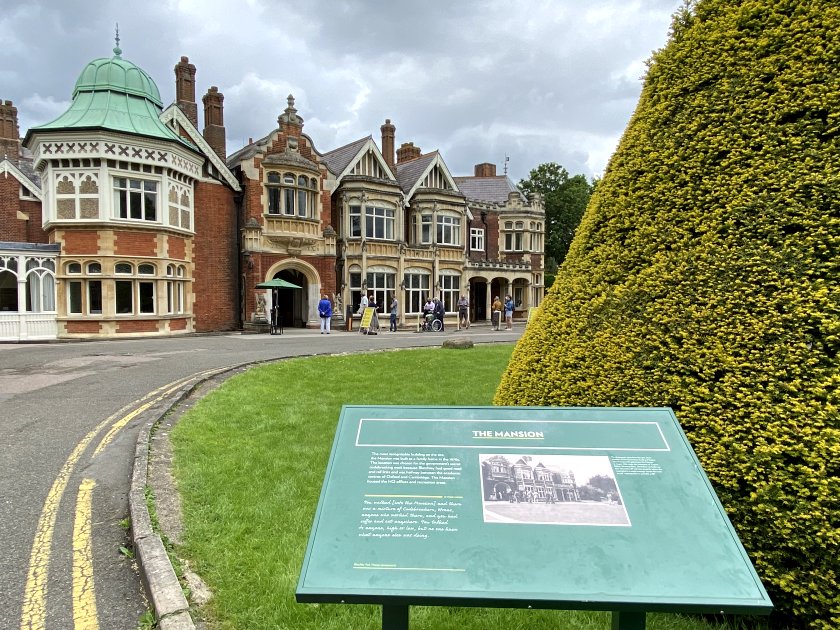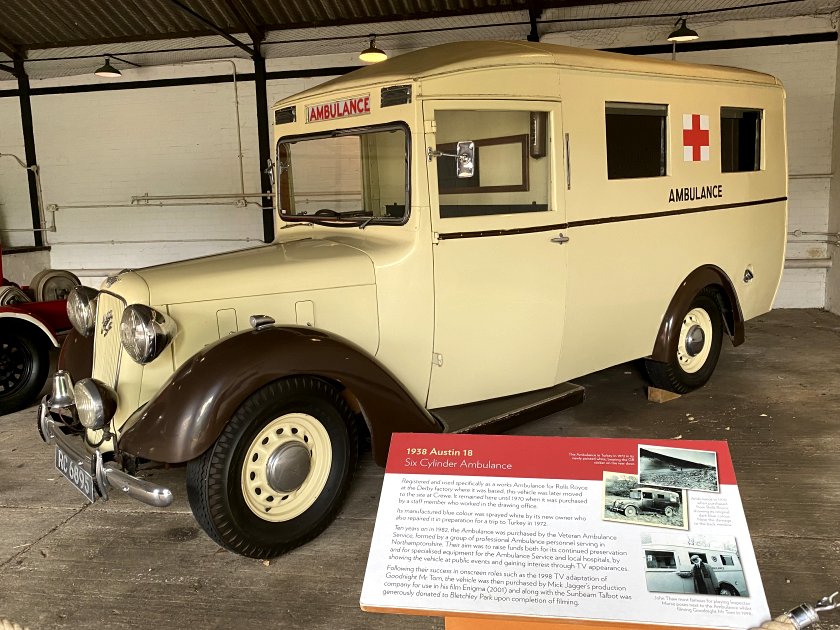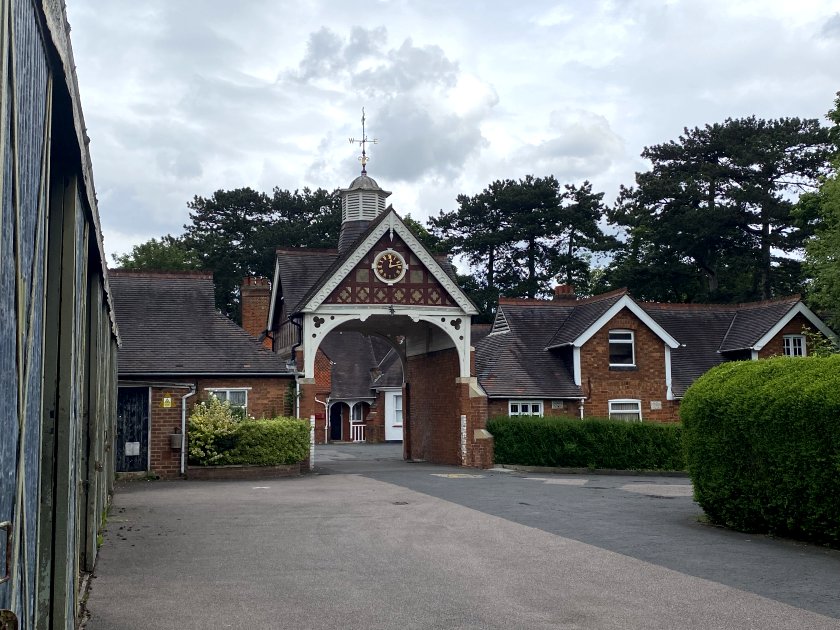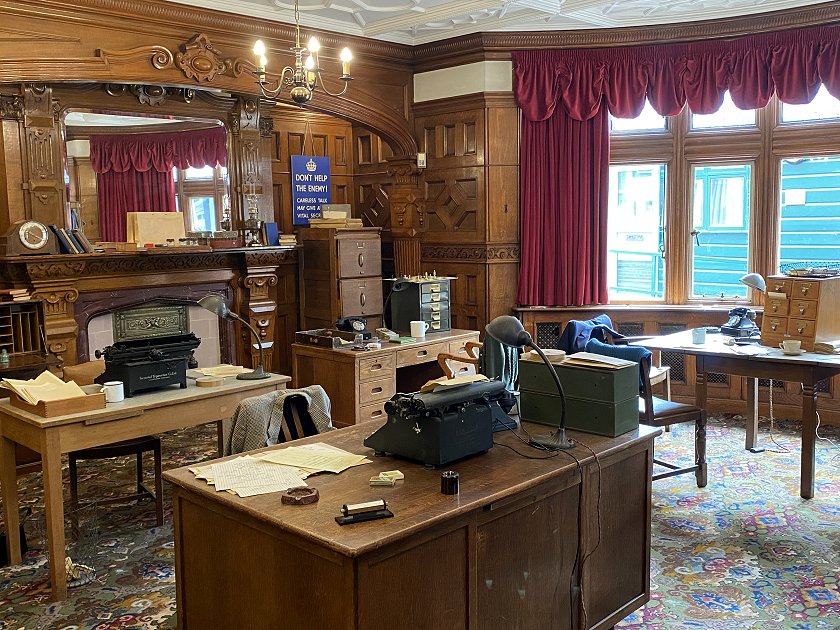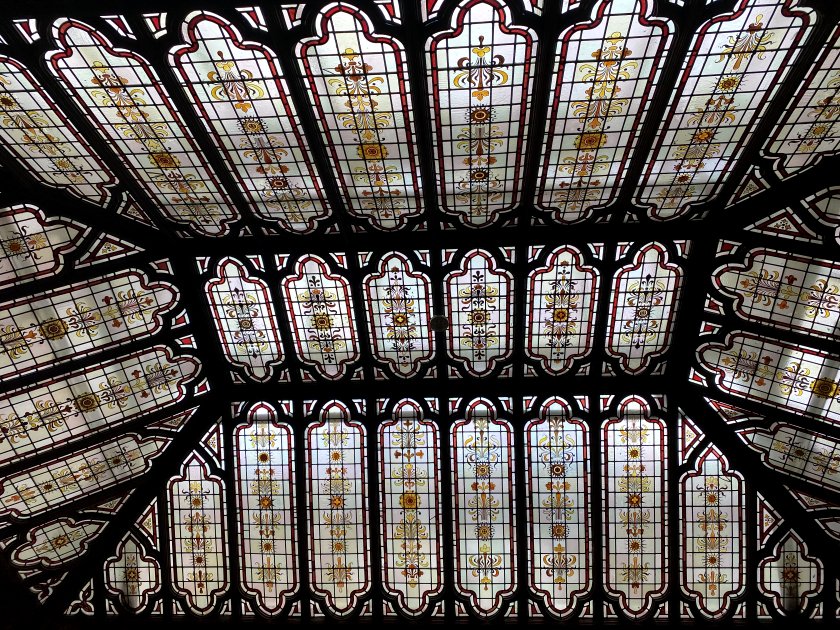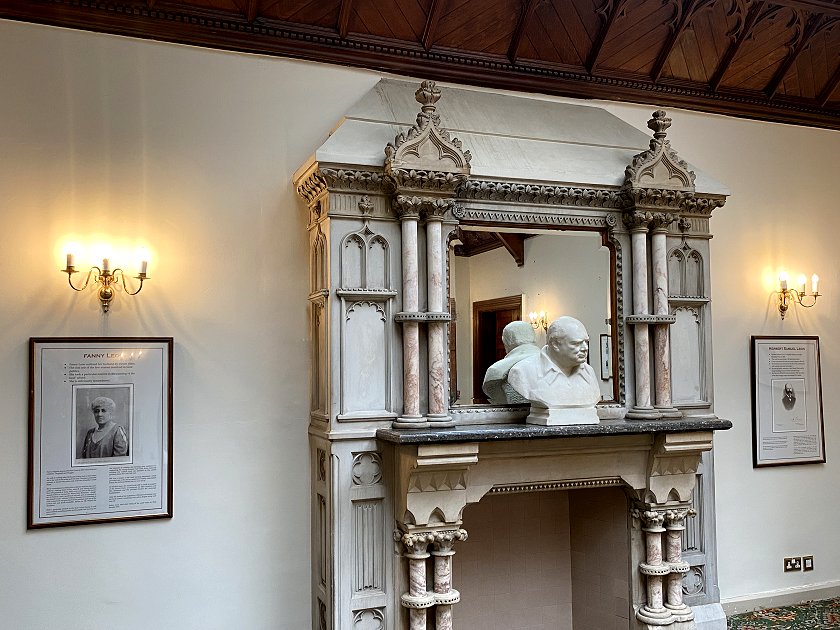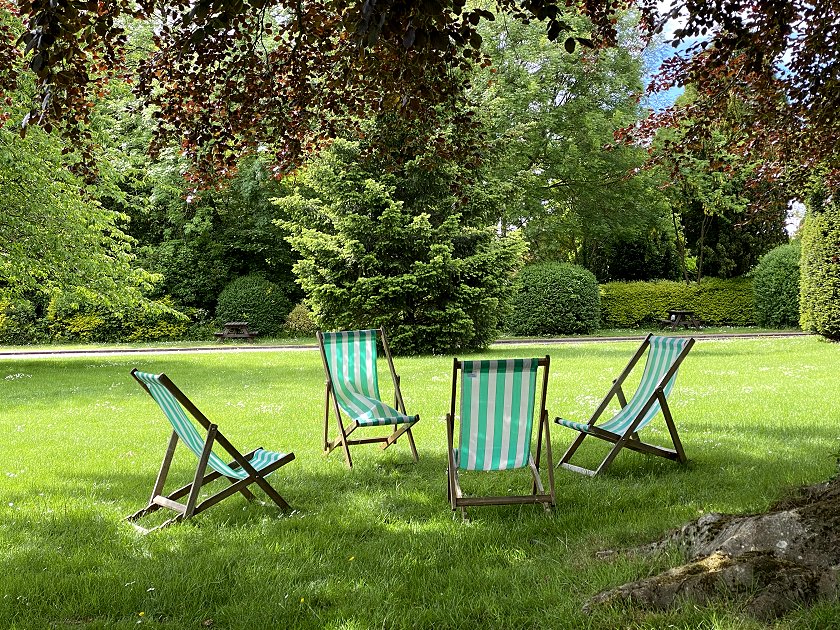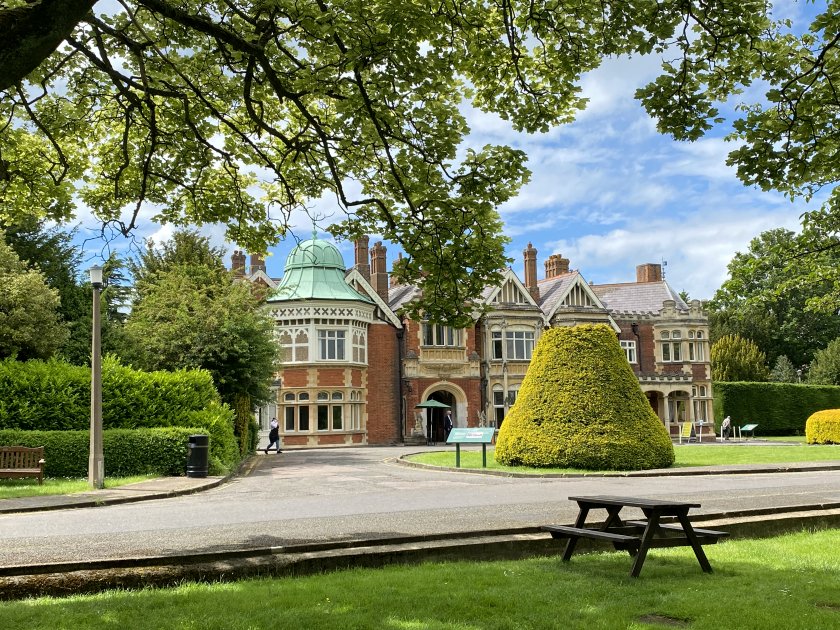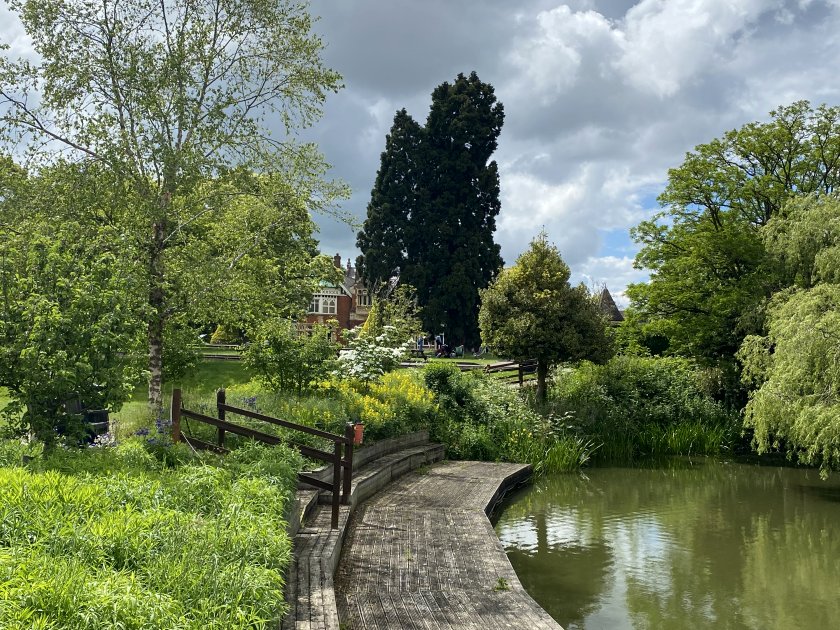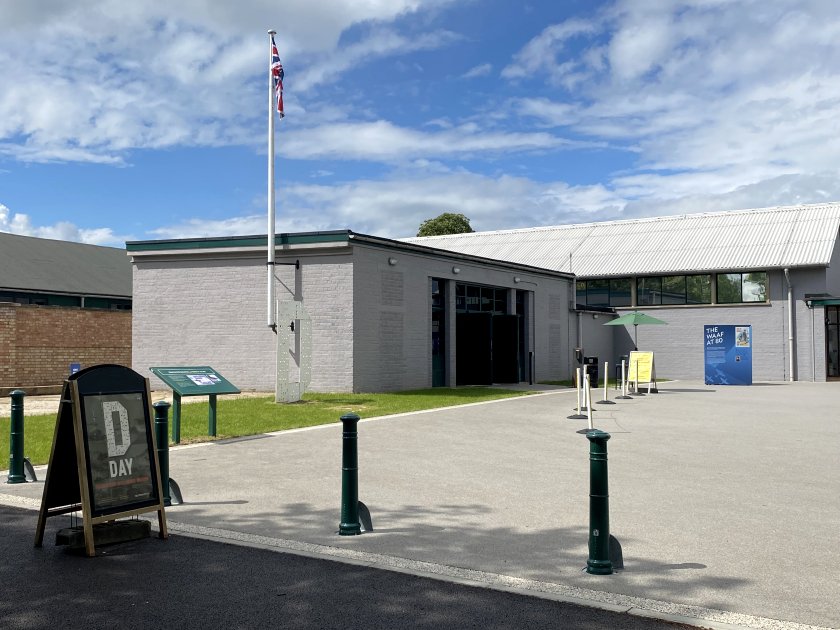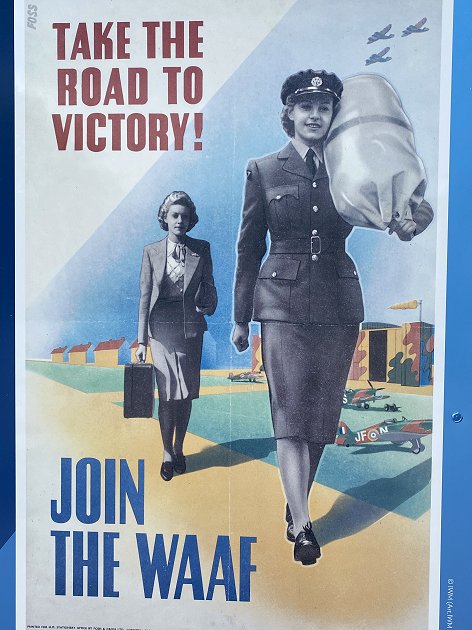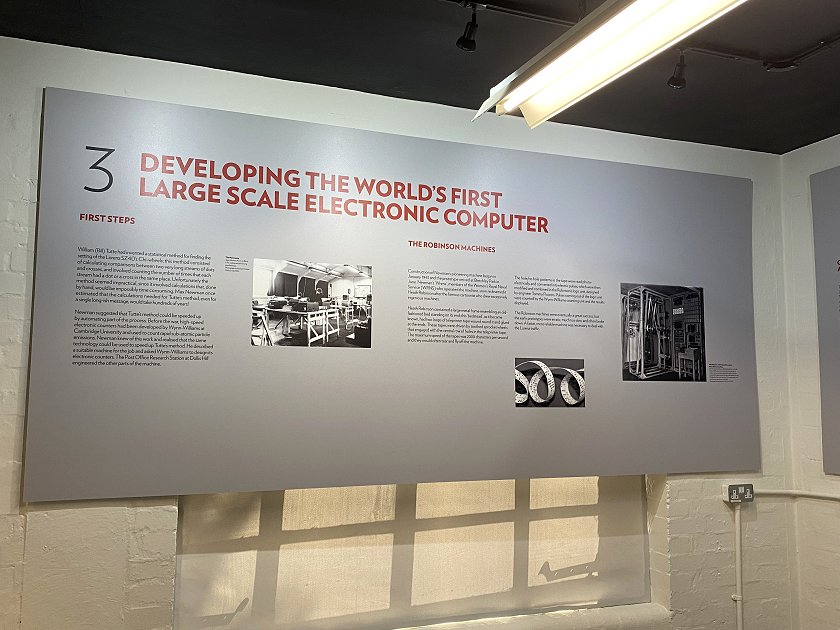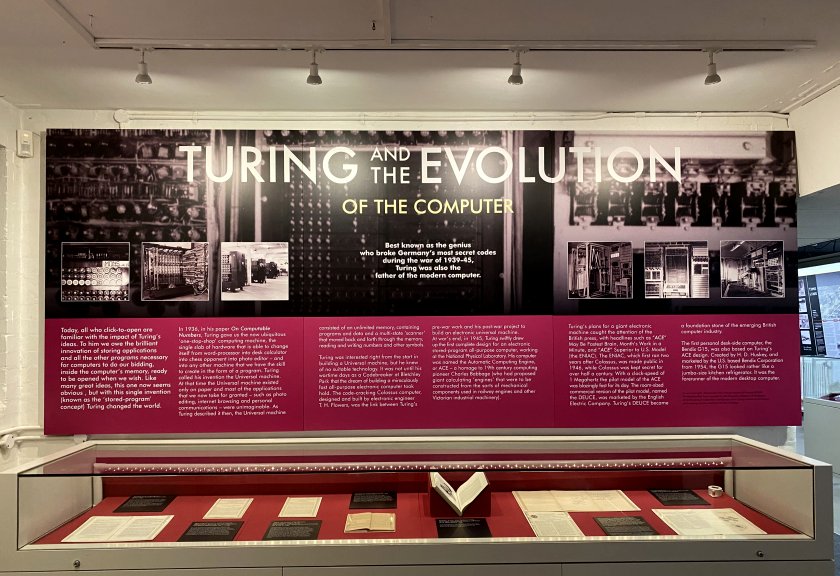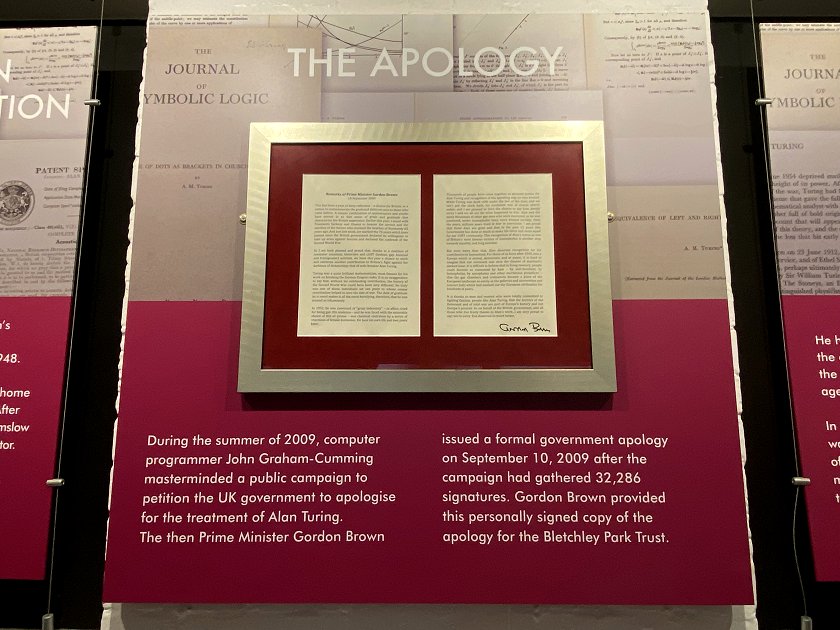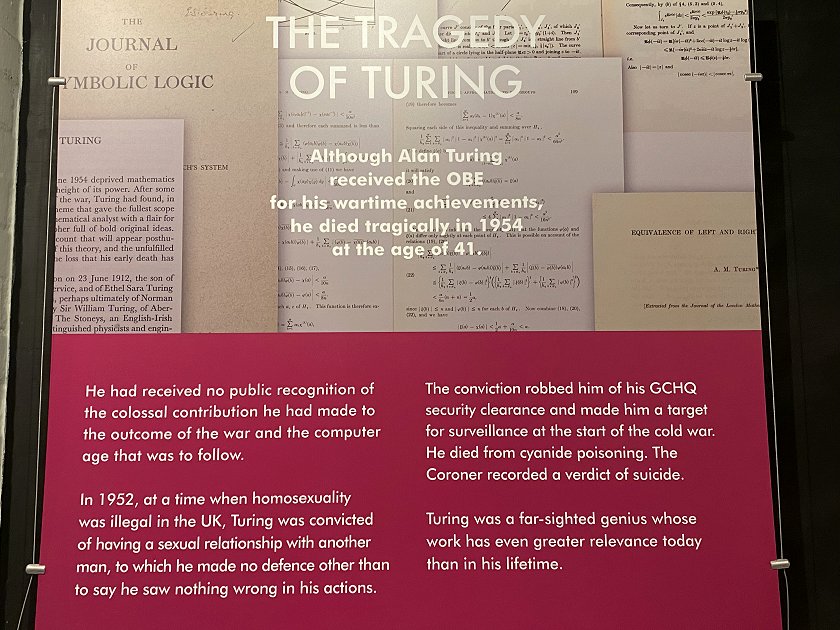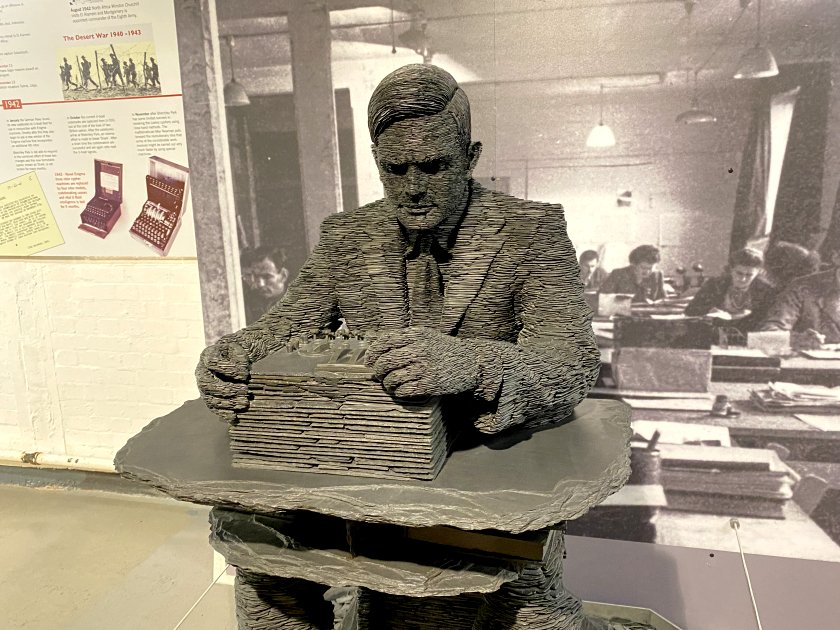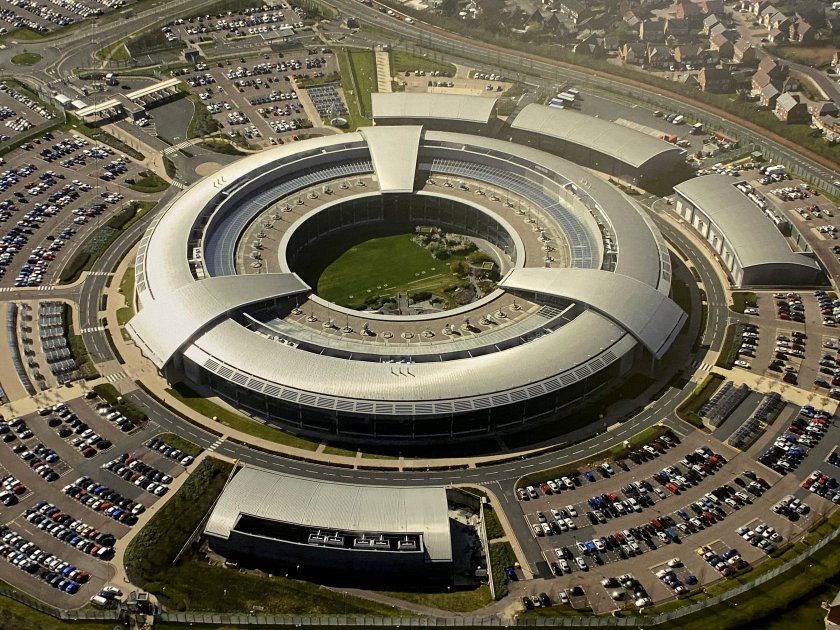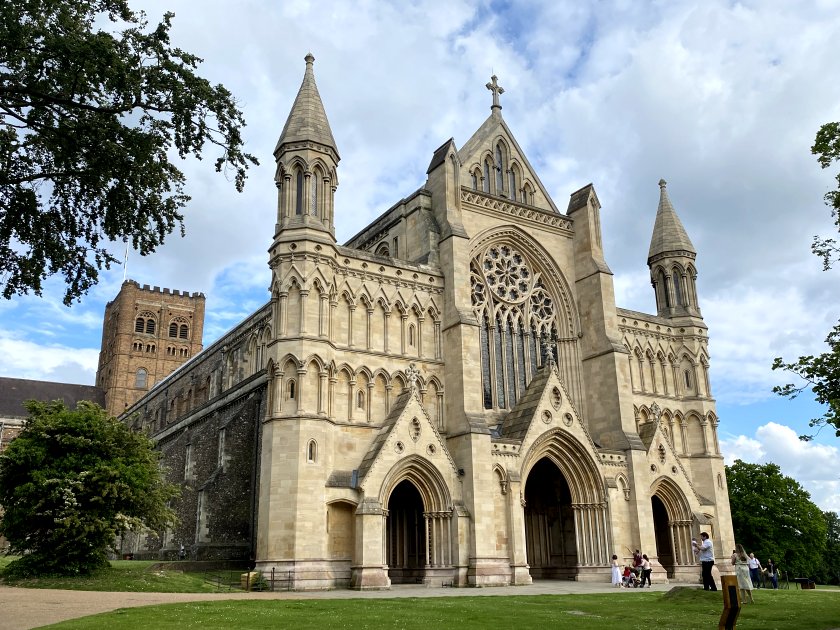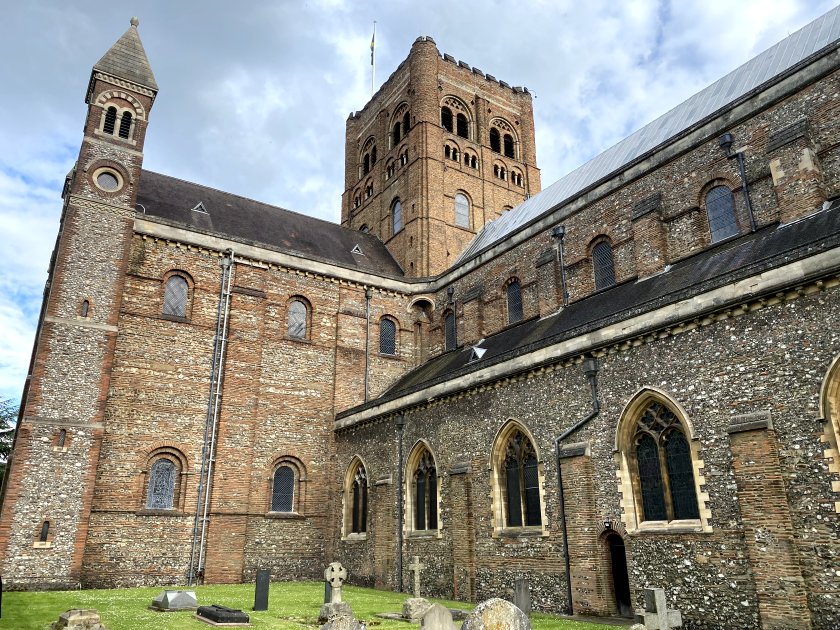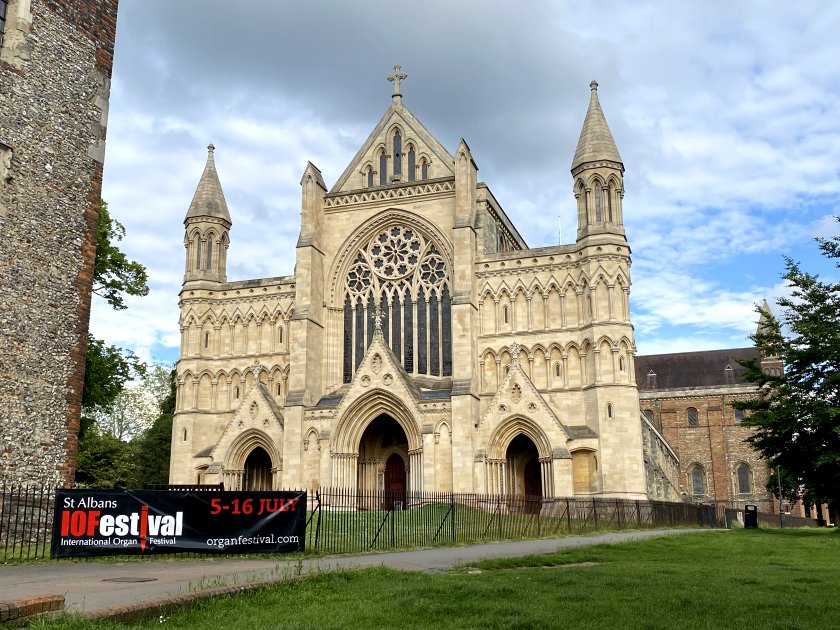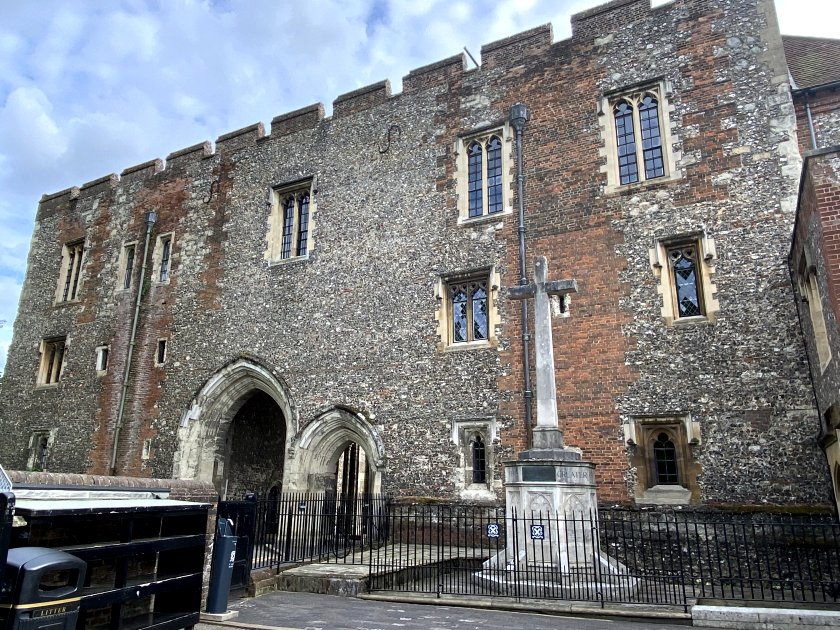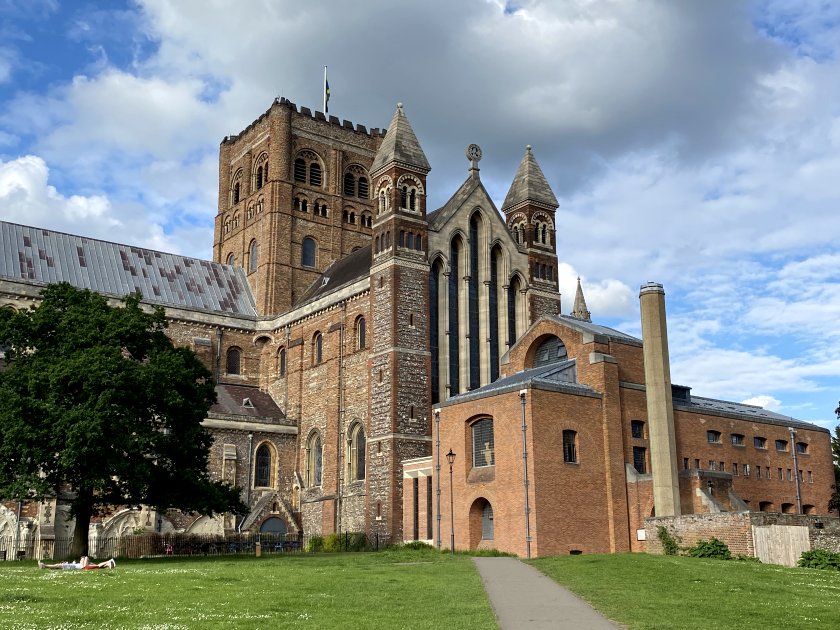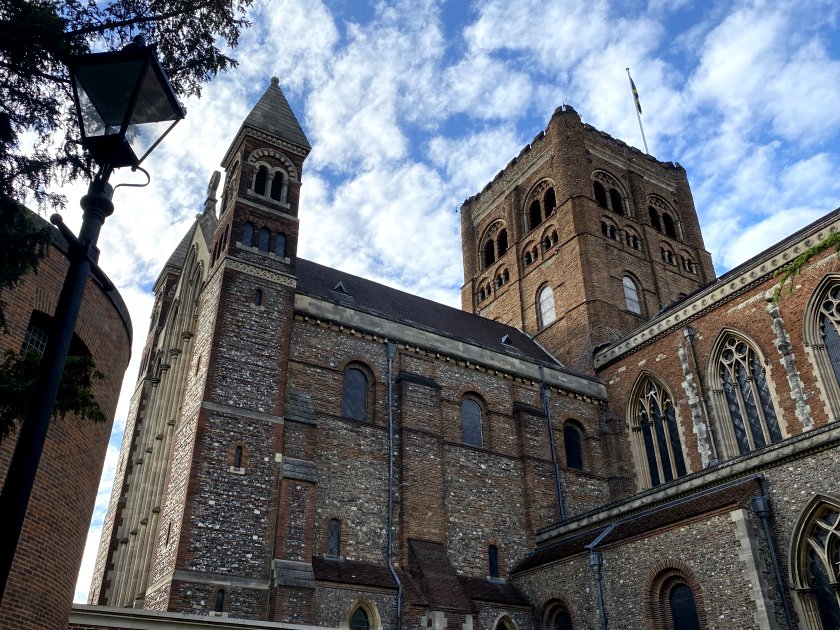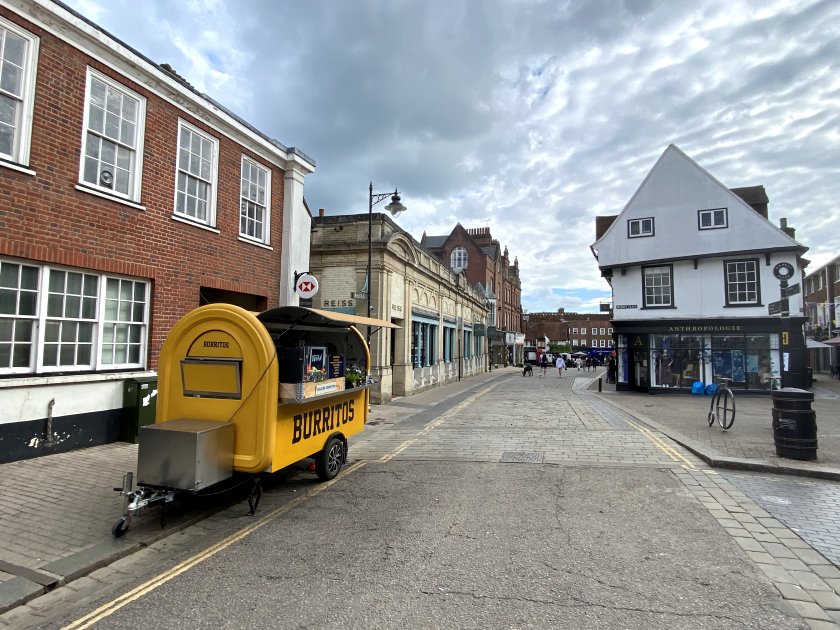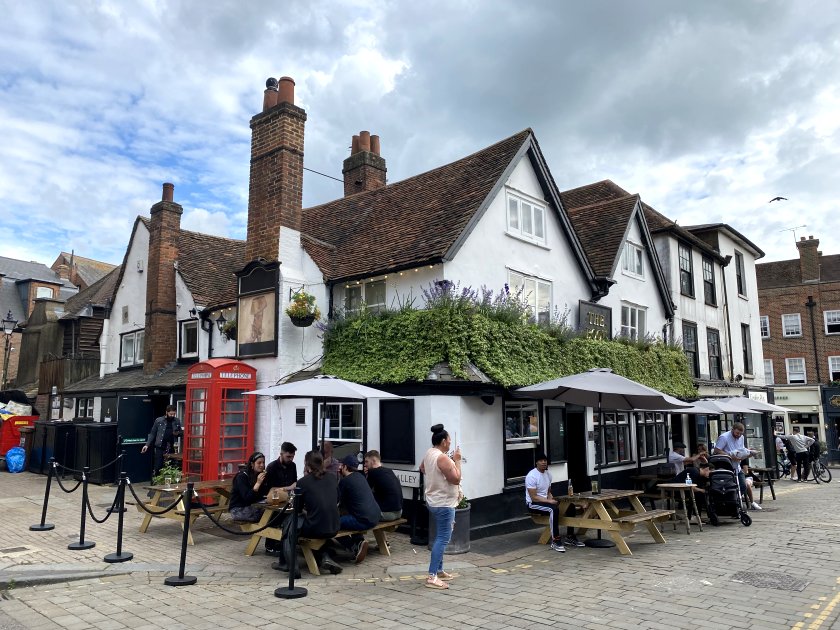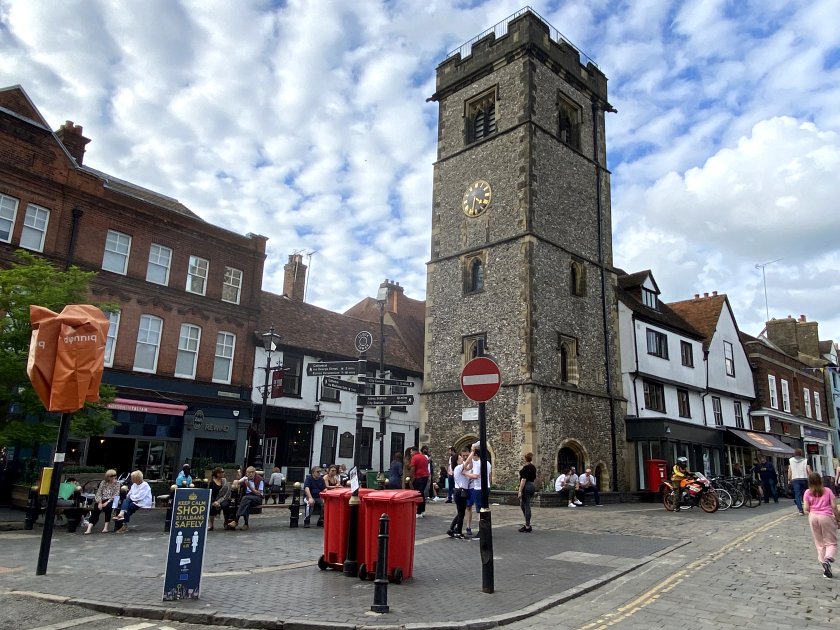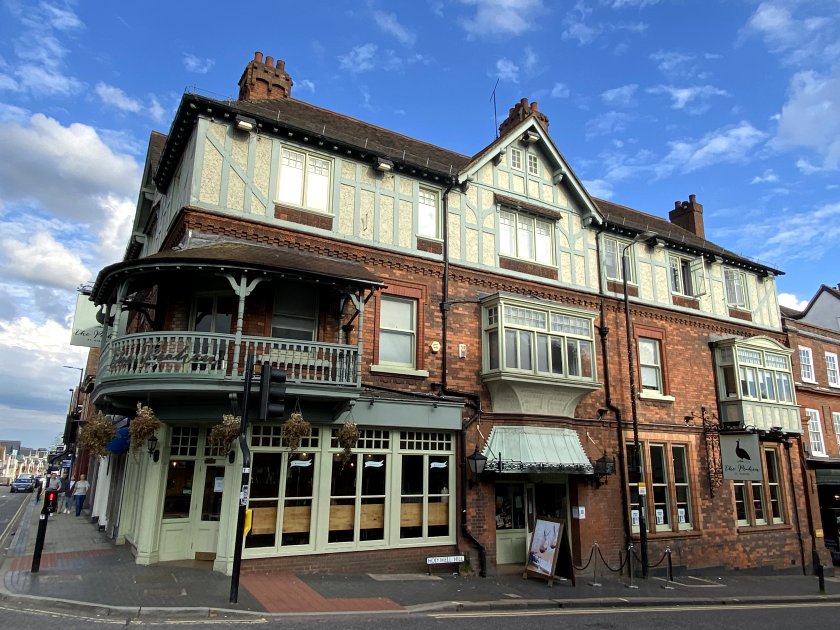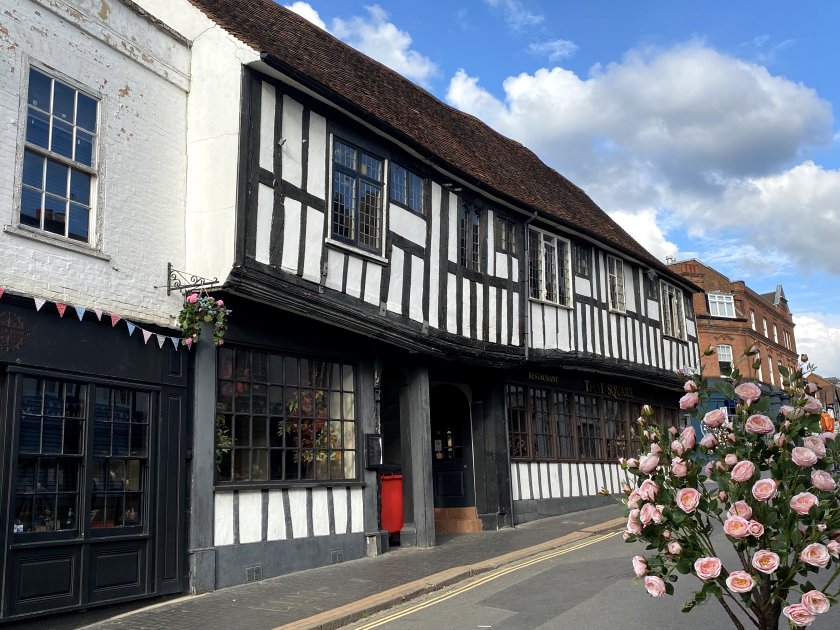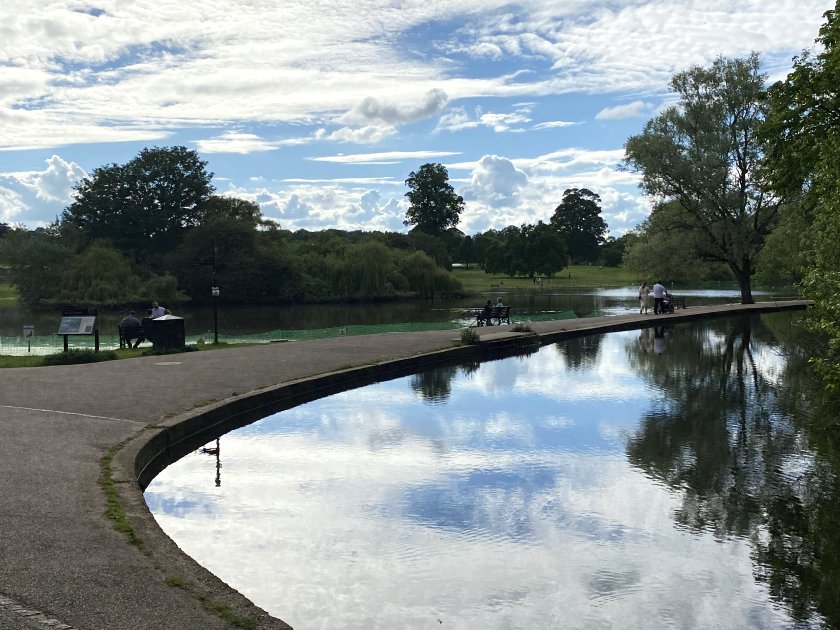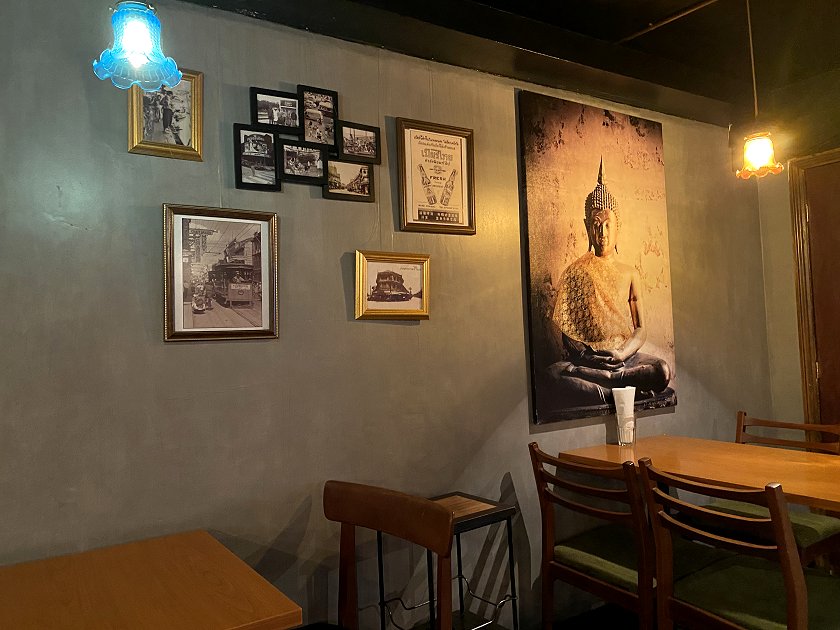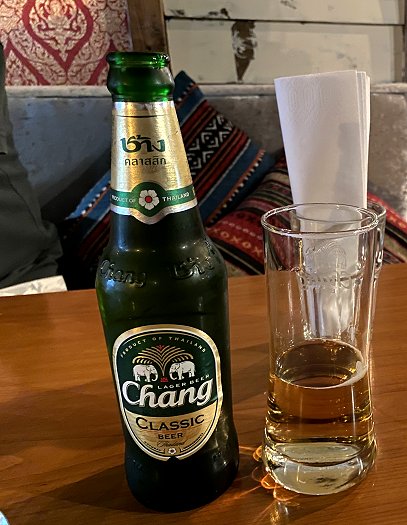
Bletchley Park
Bletchley Park is a country house and estate which is now within the boundaries of Milton Keynes, the largest town in Buckinghamshire. It became the main centre for Allied code-breaking activities during World War II and although these operations ceased in 1946, the true nature of the site remained classified for another thirty years. Its closest equivalent in the present day is GCHQ in Cheltenham. Once in danger of being dismantled to provide land for housing, the Bletchley site was protected by Milton Keynes Council and now operates as a very popular museum.
One of the most touching parts of the various displays was the story of Alan Turing (1912-1954). A graduate of King’s College, Cambridge and possessed of a brilliant mind, he is now widely recognised as the father of computer science. His contribution to the war effort at Bletchley Park is estimated to have saved 14 million lives and earned him an OBE. As a gay man, however, he was prosecuted in 1952 under ‘gross indecency’ laws, subjected to chemical castration and died of poisoning at the age of 41, almost certainly as a result of suicide. Prime Minister Gordon Brown issued an official apology for his treatment in 2009, and Queen Elizabeth II granted a posthumous pardon in 2013. His image appears on the current Bank of England £50 note.
St Albans
St Albans is a relatively small cathedral city in Hertfordshire, with a population of 58,000. Its current name comes from Alban, the first ancient Briton to be proclaimed a saint. In Roman times, it was known as Verulamium, and it was the first major settlement north of London on the long-distance Roman road known as Watling Street, which ran from Dover to Shrewsbury. Our stop in St Albans lasted a mere couple of hours, but was most enjoyable.
Borehamwood finale
On our last night based in Borehamwood, we finally found somewhere decent to eat: local restaurant Tay Tar Thai.

